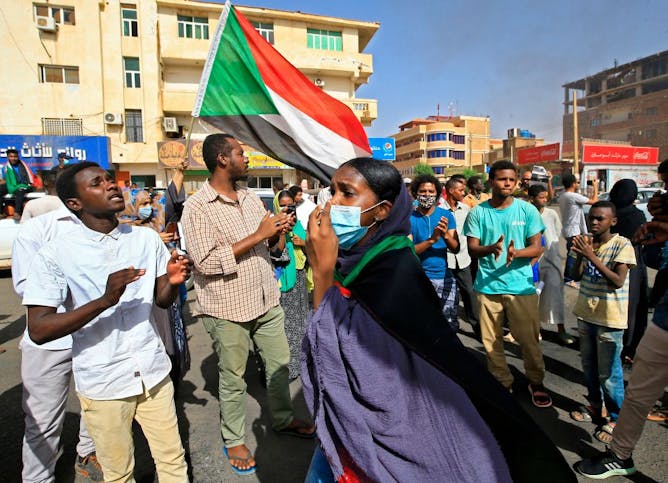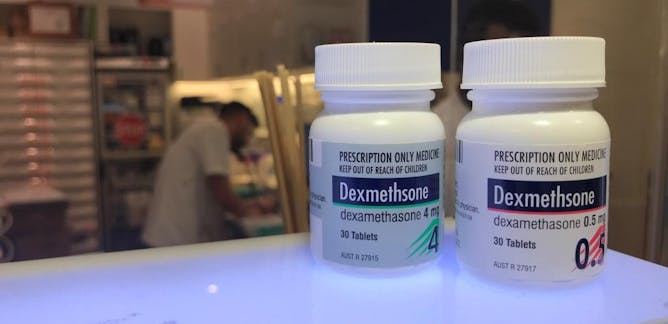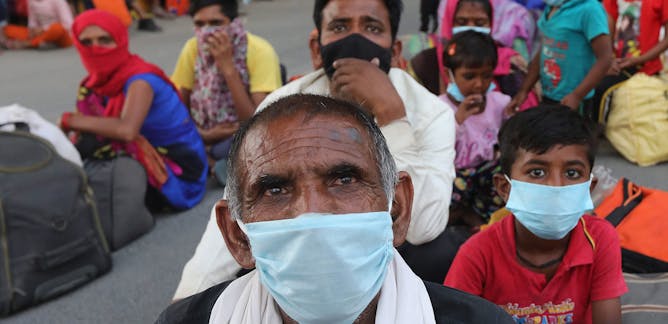|
British Prime Minister Boris Johnson’s decision to merge the country’s Department for International Development (DfID) into the Foreign Office was met with immediate condemnation by three former prime British ministers. Speaking in parliament, Johnson questioned why as much UK aid is given to Zambia as Ukraine. The departmental merger has long been desired by Brexit supporters within Johnson’s Conservative party, who want to reorientate aid spending towards the UK’s interests. But Mike Jennings warns the move signals a shift away from a core focus of UK aid – poverty reduction.
Sudan’s much-celebrated civilian transition was on shaky ground before COVID-19 struck. Among its immediate challenges are a staggering $60 billion debt and poverty among 65% of the population. Sarah Logan sets out why Sudan needs all the international financial assistance it can get to avoid a catastrophic slide – and what UN secretary general Antonio Guterres describes as “unthinkable negative spillovers”.
|

Shelter kits delivered to Mozambique after Cyclone Idai by the Department for International Development in 2019.
DfID via Flickr
Michael Jennings, SOAS, University of London
Boris Johnson has announced the UK's Department for International Development will merge with the Foreign and Commonwealth Office.
|

Sudanese protesters gather to mark the first anniversary of a raid on an anti-government sit-in, in the Riyadh district in the east of the capital Khartoum on June 3, 2020.
(Photo by Ashraf Shazly/AFP via Getty Images)
Sarah Logan, International Growth Centre
Despite its dire health and economic situation, Sudan has yet to access emergency funding to combat COVID-19.
|
Health + Medicine
|

Ana Santos Rutschman, Saint Louis University
Should the US be able to pre-order vaccines for its citizens when other populations around the globe are at greater risk?
| |

Nial Wheate, University of Sydney
Preliminary results indicate dexamethasone could help treat severely ill patients in hospital with COVID-19. But it's early days yet.
|
|
|
Politics
|

Parvati Nair, Queen Mary University of London
As both citizens and internal migrants, millions of Indians have been left to fend for themselves.
| |

Malose Langa, University of the Witwatersrand
Young black men are often viewed through a criminal lens. A new book based on an 11-year-long study of adolescent men in a South African township upends the stereotypes.
|
|
|